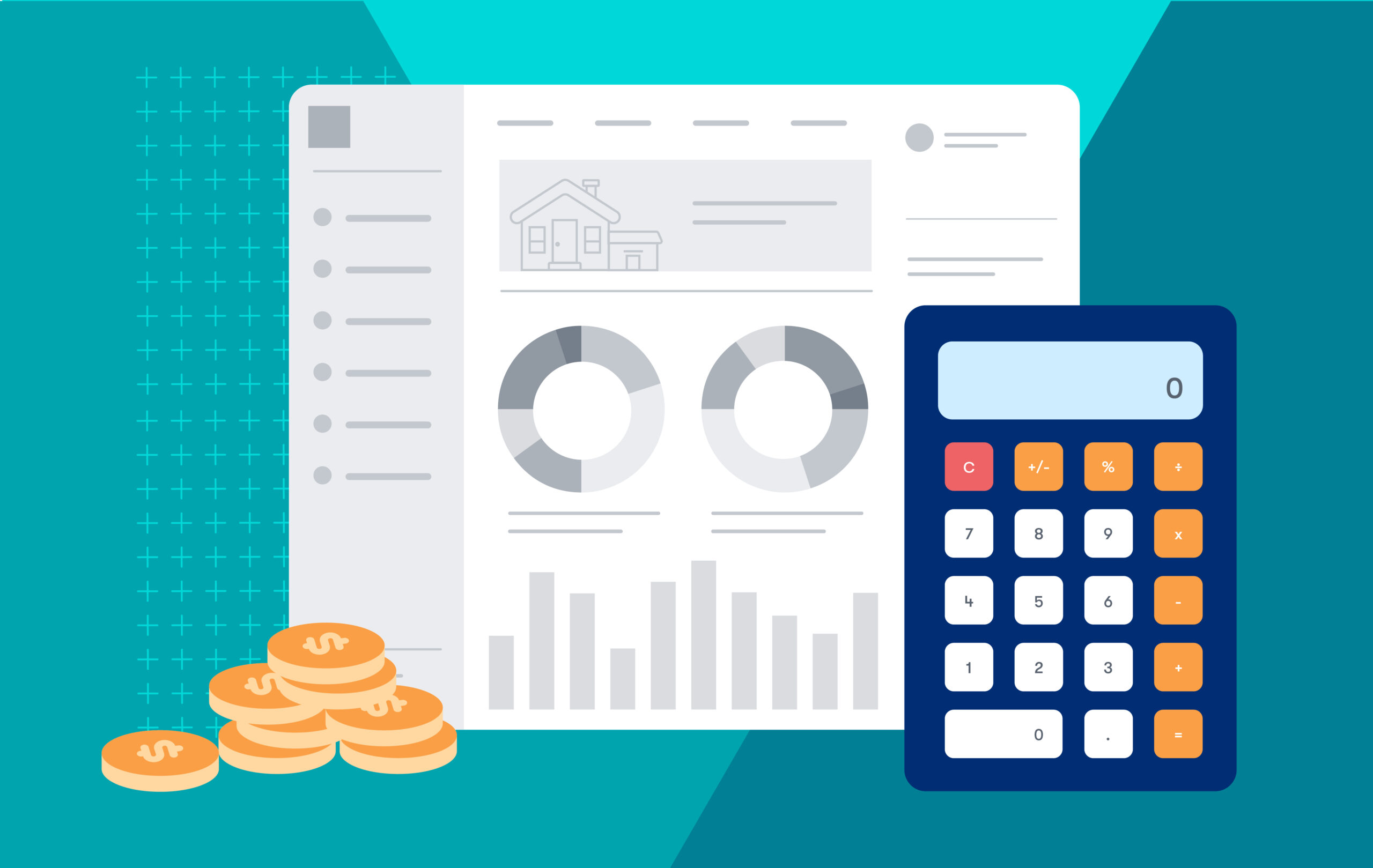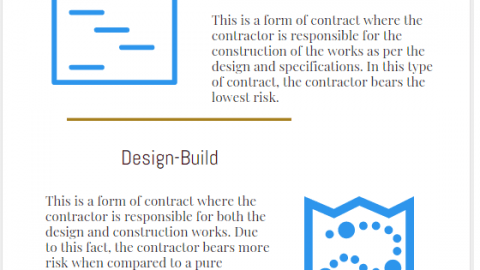Optimizing Cash Flow in Construction: Strategies for Effective Construction Accounting
All businesses need a positive cash flow to stay operating, and construction companies are no exception. But the complexity and length of construction projects can lead to significant delays in customer payments, which can put a strain on cash flow. From using construction accounting software to being proactive, there are a number of strategies that construction companies can use to optimize their cash flow.
Table of Contents
A healthy cash flow and proper management of your money allows you to:
- Pay vendors on time
- Obtain loans and investors when ready to expand
- Leverage new opportunities
- Invest in your employees, suppliers, and technology
- Adapt to changing market conditions
The following are some easy-to-implement cash flow optimization strategies you may want to consider for your construction business.

What is construction project cash flow?
Construction project cash flow refers to the movement of money into and out of a construction project over a specific period. It tracks the timing and amount of cash inflows (such as payments from clients) and outflows (such as expenses and supplier payments) to assess the project’s financial health and liquidity.
How do you monitor cash flow in construction?
To monitor cash flow in construction, track the timing and amount of cash inflows and outflows. Use construction accounting software to automate invoicing, payment tracking, and management. Regularly review financial reports, analyze project profitability, and make adjustments as necessary. Be proactive in managing expenses and maintaining cash reserves.
Reduce expenses
Lowering your expenses could help boost your cash flow. No matter what type of accounting method you use, you should regularly review your budget. Go line by line and look for areas where you could potentially cut back without compromising the quality of your services. Could you reduce your costs for utilities, rent, equipment, materials, or labor? Perhaps you could negotiate with vendors and suppliers for more favorable pricing.
Uncover opportunities and issues with time-saving tools
With all your responsibilities planning and managing projects, teams, and job sites, it can be challenging for construction company owners like yourself to focus on all the numbers. Construction accounting software has robust features that meet the specific needs of contractors, engineering firms, real estate developers, and all types of residential, commercial, and industrial construction companies.
Let’s dive into how you can use accounting software to optimize your cash flow while minimizing stress and maximizing productivity.
Automate invoicing, tracking, and management
Slow payments impact your cash flow and your ability to cover your business expenses. And since construction companies often spend money upfront prior to project invoicing, keeping your invoicing on track and your cash flow steady is essential.
Accounting software equips you with tools that facilitate the invoicing process…and free up your time. Create professional, detailed invoices that include:
- Labor and supplies cost breakdown
- Sales tax
- Contact information
- Invoice numbers
- Payment terms
Even better? You can schedule recurring invoices to be sent automatically. The clearer your invoices are and the faster you send them, the speedier you’ll get paid.
Keep track of invoice status by setting up alerts for when the invoices are viewed, paid, and deposited. And if your customers need a friendly payment “prompt,” you can do that too by scheduling automatic invoice reminders so nothing falls through the cracks.
Make it easier to get paid
Keep your cash flow coming by making it as easy as possible for your customers to pay you. Seems pretty simple, right? And it is, with the right tools.
Use accounting software to create instantly payable online invoices by adding a payment link. Set up your business to accept payments by check, credit and debit card, ACH transfer, and digital wallets and mobile apps, such as Apple Pay®, PayPal, and Venmo.
Increase your customers’ payment options and increase the likelihood of getting paid on time. Your customers will appreciate having a range of flexible payment choices, and you’ll have the steady inflow of cash you need to support your operations.

Accelerate deposits in construction accounting
Deposit delays have a ripple effect. If you can’t quickly access your money, you may not be able to pay your own expenses. If you are short on cash reserves, this can be a big problem. You may incur late fees, and the payment slowdowns can negatively impact the relationships with your suppliers, employees, and creditors. The ability to access your money as soon as you’re paid can be a business lifesaver.
Construction jobs don’t adhere to bank hours, and neither will your deposits when you use accounting software that offers an instant deposit feature. Link your debit card to the tool, and you’ll be able to access eligible funds immediately whenever you get paid.
Accurately estimate job, labor, and project costs and profitability
You can only move forward if you know where you are now. Popular accounting software systems can provide deep insights to help inform decision-making.
- Track your project and team’s time and run full job cost reports to monitor project profitability and help with pricing and budgeting.
- View income statements, balance sheets, and cash flow reports at a glance.
- Meet project demands and avoid overspending on materials with powerful reporting on inventory levels.
Review your financial reports on a regular basis, pinpoint any issues that may be affecting your cash inflow, and make adjustments as necessary.
Be proactive
Be proactive, rather than reactive, in your approach to optimizing cash flow. Using your financial reports and historical data as a foundation, take steps to prepare for the future.
Plan ahead for potential slow times or increased costs based on seasonality or market conditions. Build cash reserves so that you’ll be able to weather the ebbs and flows of your business, or consider opening a business line of credit. Maintaining adequate cash reserves can give you peace of mind and funds for short- and long-term needs.
Look to the experts for construction accounting
If you don’t have an in-house expert who can fully interpret all your financial documents, reach out to an accountant or other finance professional. They can look at the numbers, analyze your performance, and help you make the best decisions for your business. Assemble a solid and trusted financial team before you experience cash flow problems.
Cash flow is the lifeblood of your construction business. Implementing these strategies can help you keep that critical cash flow steady and your construction company growing strong.

Victor Z Young is a Civil Engineer with 35 years of experience working alongside the executive team of various construction companies. Victor specializes in construction insurance, delay analysis, performance analysis and engineering. He holds a Doctor of Project Management from Northwestern University.










